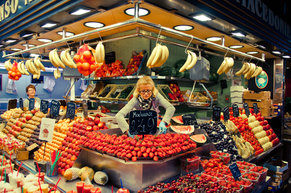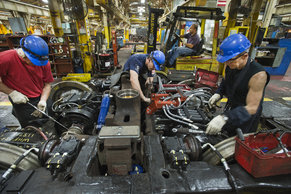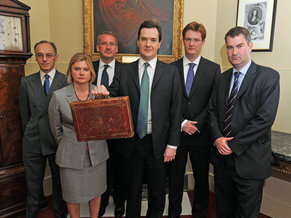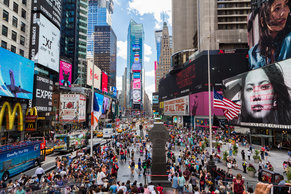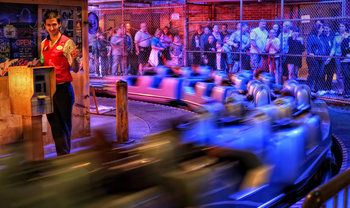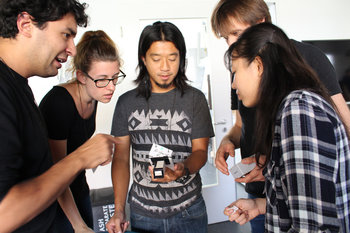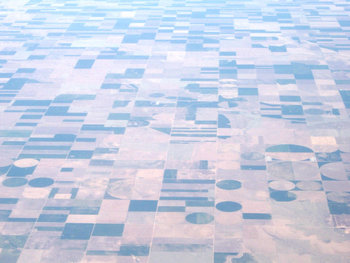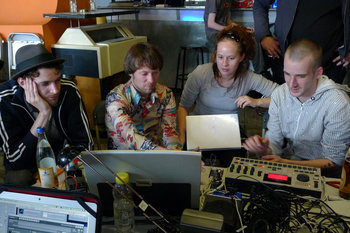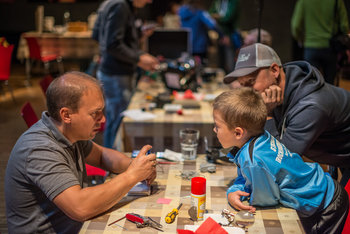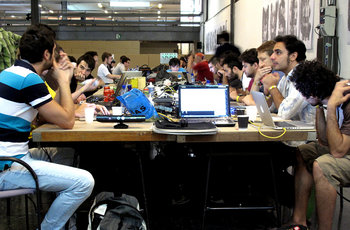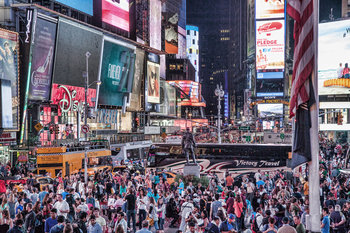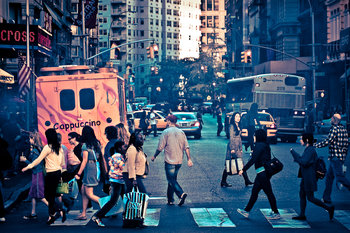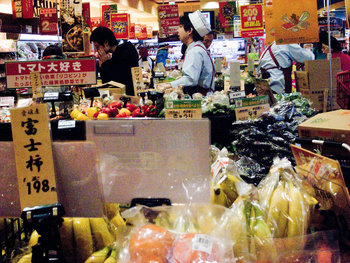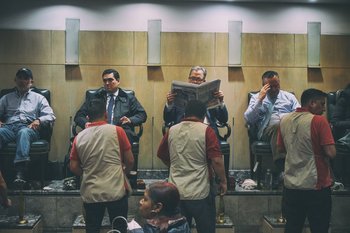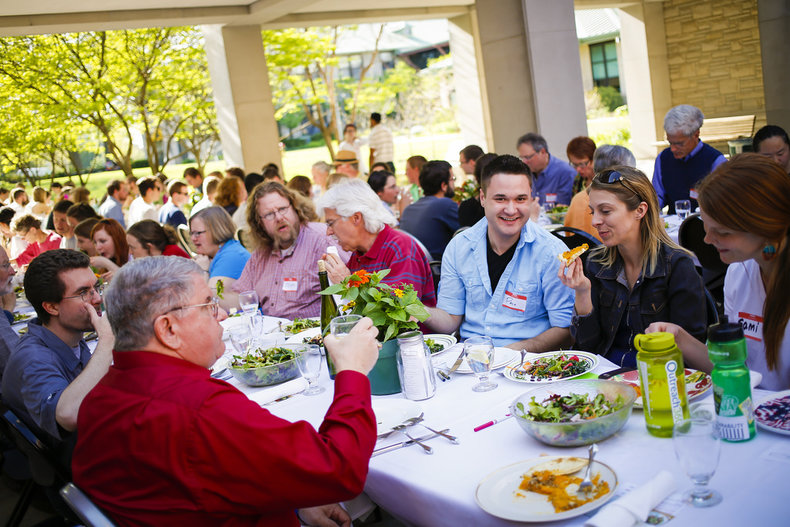
Accommodation rentals | Art classes |
Art trading | Artisanal food |
Auctions | Automobile trading |
Babysitting & childcare | Bake sales |
Bartering for goods & services | Book exchanges |
Borrowing tools & equipment | Carpentry & construction |
Carpooling | Collectibles trading |
Commissioned artworks | Concerts & events |
Crafts | Event planning |
Exchanging assets | Farmers markets |
Flea markets | Garage sales |
Housework | Language lessons |
Lawn services | Maintenance work |
Music lessons | Personal services |
Personal trainers | Photographers for hire |
Property management | Property redevelopment |
Repair work | Reuse cafes |
Ridesharing | Secondhand goods |
Sharing garden produce | Subscription boxes |
Traditional goods | Tutoring |
Auctions
The sale of assets, secondhand goods and collectables with a process of bidding.Housework
The value that family members create in the home by doing domestic work, repairs and caring for children.Access Economy
Providing access to assets for a rental free. For example, renting out your vacation house when you aren't using it.Consumer Information
Providing consumer information such as a fashion blog that reviews fashion products.Crowdfunding
Consumers funding the projects of consumers.Labor
Performing labor for a fee. For example, a neighborhood teenager who offers to cut your lawn.Traditional Economy
Most traditional economies are based on consumer to consumer interactions. For example, a barn raising whereby everyone in a town helps a neighbor build a barn.Events
Events such as a concert organized by a band and promoted directly to their fans.Maintenance
People helping each other fix things such as a repair cafe.Freelancing
Some freelancing work can be considered consumer-to-consumer such as a freelance carpenter who does work for homeowners.Bartering
Exchanges of assets, goods and services without money. For example, trading a motorcycle for a boat.Favors
Favors between friends. For example, caring for a neighbor's dog when they are on vacation.Co-creation
Some co-creation can be considered consumer-to-consumer. For example, gamers who co-create a game mod out of enthusiasm for a game.Garden Sharing
Exchanging access to land for gardening. For example, allowing a neighbor to grow things on land you're not using.Social Dining
Food events where everyone contributes to the food and preparation process.Tours
Locals who are willing to show you around. In some cases, this is non-commercial and organized by volunteers.Asset Exchange
Exchanging access to assets such as vacation homes without money changing hands.Asset Sharing
Sharing things such as a carpool that shares a commute to save on energy costs and asset depreciation.Cooperative
A retailer or ecommerce site that is owned by its customers.Swapping
A system of swapping goods such as books.Borrowing Center
A service for borrowing donated goods such as books, toys or tools.Summary
The following are common examples of consumer-to-consumer economic activity: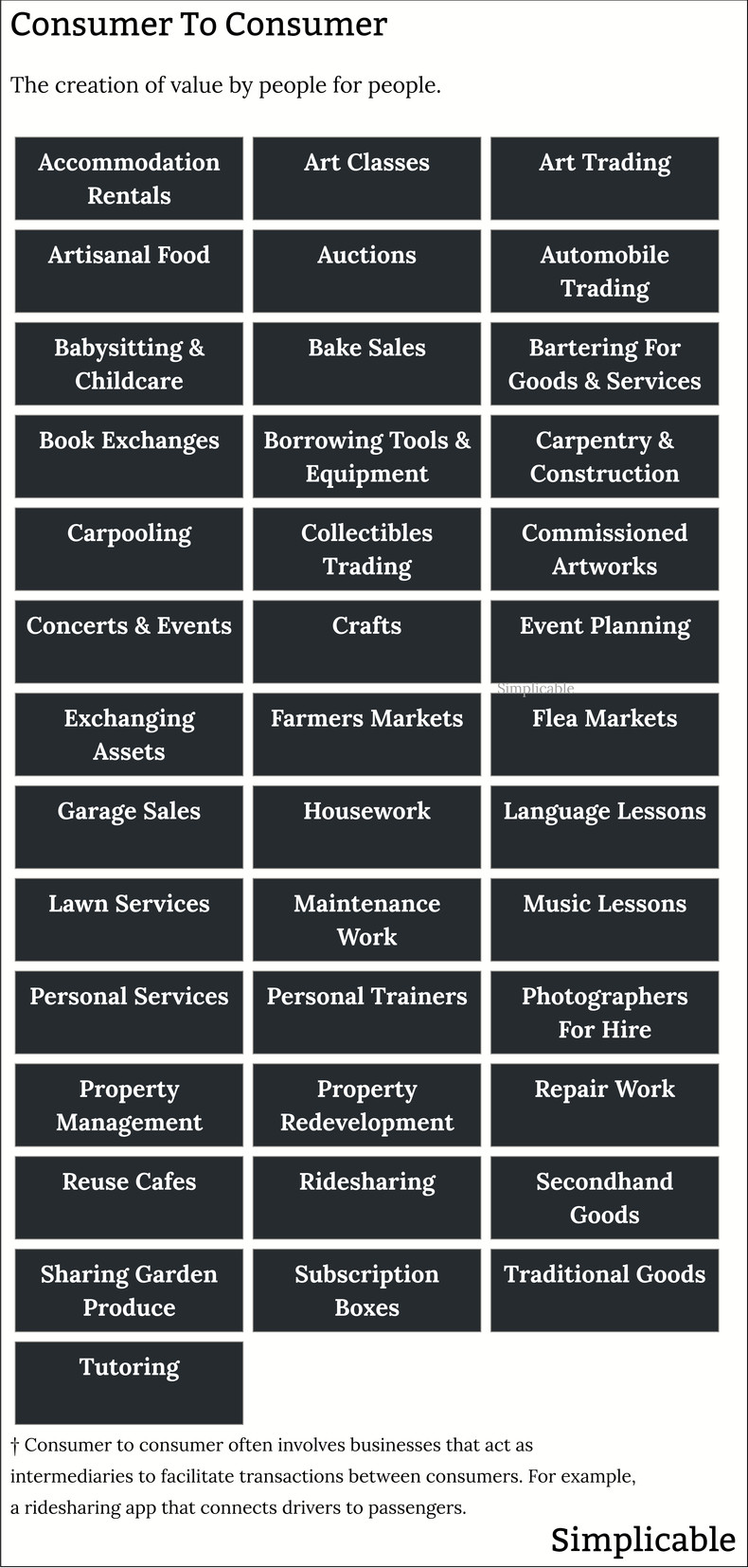
Overview
Consumer to consumer includes any exchange or transfer of value between people. This is the oldest type of economic model that is still extremely common today.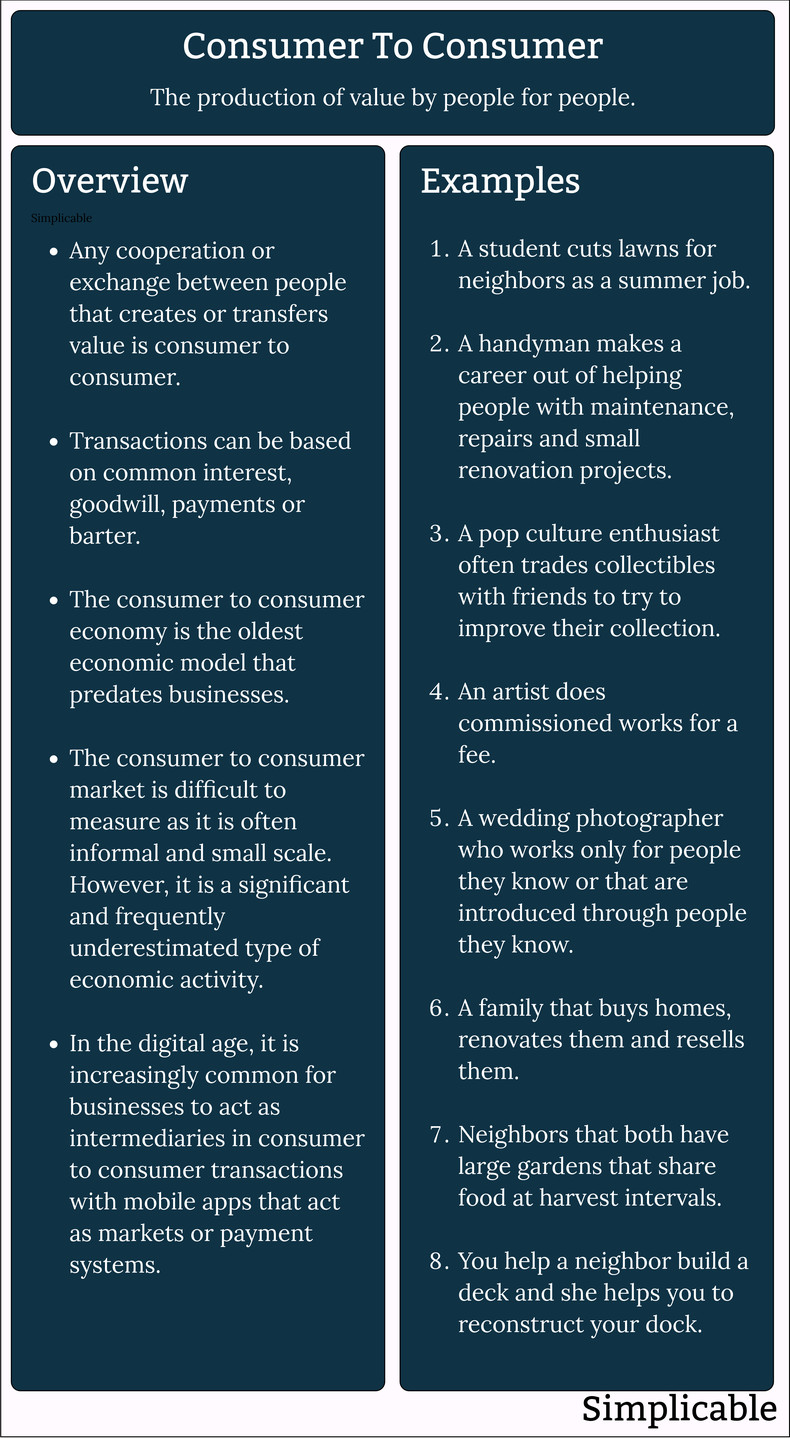
Notes
In some cases, a business facilitates the consumer-to-consumer economy. For example, ecommerce markets and payment systems are often an important element of the consumer-to-consumer economy that are typically provided by a business.| Definition: Consumer To Consumer | ||
Type | ||
Definition (1) | The creation of value by consumers for consumers. | |
Definition (2) | Any cooperation or exchange between people that creates or transfers value. | |
Related Concepts | ||


